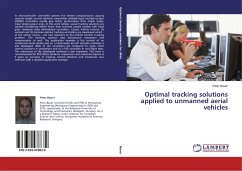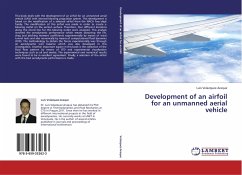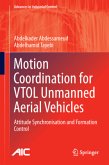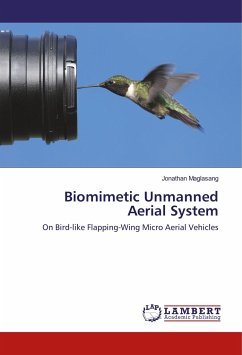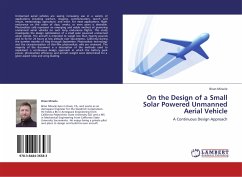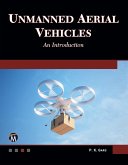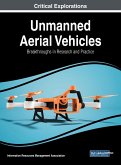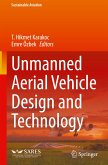In microcontroller controlled systems the limited computational capacity requires simple control solutions meanwhile multiple-input multiple-output (MIMO) controllers usually give better performance than simple single-input single-output ones. In this work simple, causal tracking solutions are studied considering MIMO linear time invariant system models with fixed gain, minimum state dimensional controllers. Causal, infinite horizon LQ optimal and LQ minimax optimal tracking controllers are developed which - as the author knows - are new solutions to the infinite horizon tracking problem. The minimax solution uses disturbance estimation and compensation as well. The application example is the control of an unmanned aerial vehicle and so, a multi-mode aircraft attitude estimator is also developed. Both of the controllers are compared to seven other control solutions in simulations and to a PID controller in real flight tests. The robustness of the developed methods is also examined. This book is recommended for PhD (MSc) students, researchers and industrial experts as it gives an overview of tracking control solutions and introduces new methods with a detailed application example
Bitte wählen Sie Ihr Anliegen aus.
Rechnungen
Retourenschein anfordern
Bestellstatus
Storno

